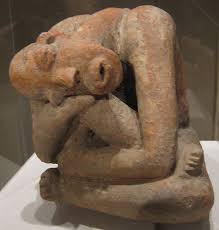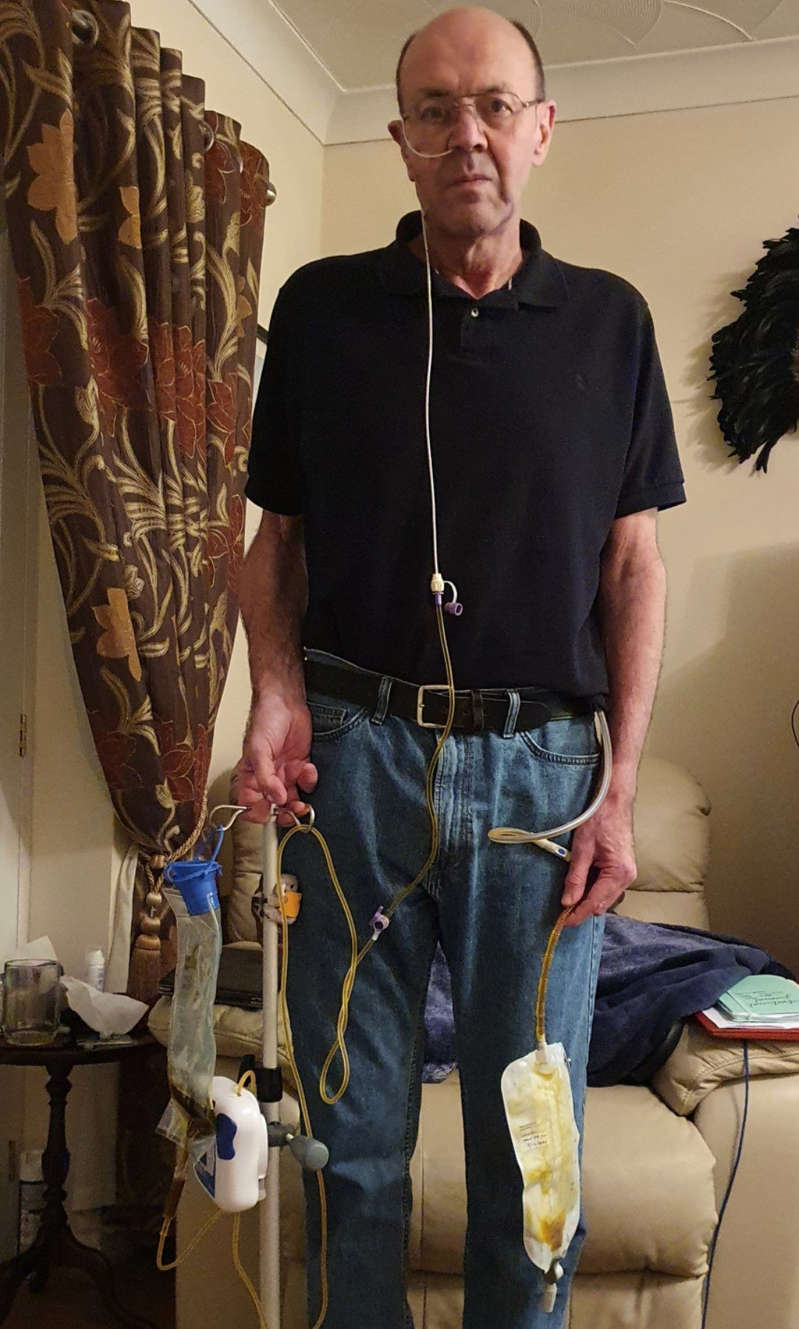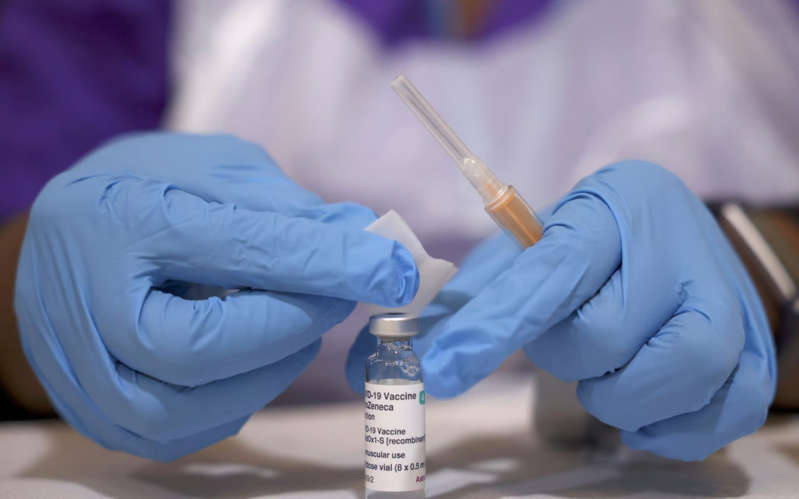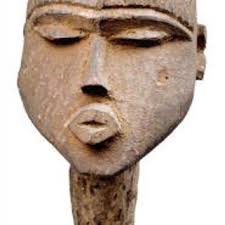Three NHS patients ‘mutilated’ by surgeon in a single week prompts shake-up at NHS trust











Three NHS patients ‘mutilated’ by surgeon in a single week prompts shake-up at NHS trust
An RAF veteran has been left with life-changing injuries after being “mutilated” by an NHS surgeon during what should have been a routine procedure.
Paul Tooth, 64, has been permanently left with tubes going in and out of his body which he needs to continually recycle bile produced by his liver.
The previously fit and active father-of-two has lost five stone in weight and can barely leave his house after the surgery last year.
It was supposed to be a routine gall bladder removal, but the surgeon inexplicably took out Paul’s bile duct and hepatic duct, which link the liver to the intestines, as well as damaging the liver itself, making a repair impossible.
Although he has won his legal battle against the Norfolk and Norwich University Hospital Foundation Trust, Paul believes what happened to him raises bigger safety questions for the trust after he learned he was one of three patients harmed by the same surgeon just days apart.
The alarm was first raised by Addenbrooke’s Hospital in Cambridge where the three patients were transferred for specialist care after their initial operations.
The Norfolk and Norwich trust has now admitted liability for the errors and standard of care Paul received.
The Royal College of Surgeons (RCS) expressed concerns over the treatment of patients like Paul who need their gall bladder removing after suffering with gall stones.

The RCS found some patients were waiting 18 months or more, with more than half being readmitted as emergencies while they waited.
An expert review has not been made public, nor will the trust share a summary of its key findings following the inquiry.
But in a letter to Mr Tooth, the trust’s medical director Erika Denton, revealed the review had raised concerns about long waits for some patients needing gall bladder surgery and made recommendations about “team working and learning from incidents”.
The Royal College of Surgeons has also refused to say more about the review it carried out.
Mr Tooth, a former aircraft engineer for the RAF, told The Independent: “As soon as I woke up, I knew something was wrong. I was in agony. This was just off the scale in terms of pain. They asked to me to rate it out of 10 and I said 25.”
Mr Tooth has since undergone more surgery to try to repair the damage but may ultimately need a liver transplant.
“The surgeon removed all my plumbing and mutilated my liver. He totally removed the common bile duct, which links the liver to the intestines. He cut off that branch, he took the gall bladder, other branches and parts of the liver.”
After complaining of pain, the surgeon took Mr Tooth back to surgery, but said “everything appeared normal”. It was more than a week after the surgery when Paul was told he had suffered an injury and was transferred to Addenbrooke’s Hospital where he then remained for six weeks.
He only learnt the full extent of what had happened when he overheard clinicians talking about his injury during a procedure using a camera to explore the liver.
He said: “They hit something solid which shouldn’t have been there and I heard them say it looked like it had been clipped.”
The consequences for him have been devastating.
“My liver is ruined. I have one drain which removes the bile and collects it in a bag. To eat anything, I have to empty that bile into a machine and recycle it back through a tube that goes down the back of my throat, through my stomach and into the intestines.
“I have been doing this constantly since last March, having to drain the bag every four to five hours. It means I can never get a full night’s sleep, and this is how it will be for the foreseeable future, if not for the rest of my life.”
The liver can produce up to a litre of bile every day which it needs to digest food.
Paul said: “I have been virtually housebound, often bedbound, and I have lost a lot of weight to the point where my grandchildren barely recognise me.
“My daughter lives in Australia and cannot visit me due to Covid-19 restrictions. It is a constant worry that I may never see or hold her again.”
Mr Tooth has serious concerns about what happened after his surgery and the way it was handled.
He said: “They tried to whitewash us. Nobody told us there were other patients until nine months after the event. The surgeon never reported the other two cases.
“He should have reported himself and stopped. The only reason he was stopped was because Addenbrooke’s reported it to the trust.
“I know there is nothing I can do to change what I have been through, but I want everyone to know my story to help stop it from happening to anyone else.”
Guy Forster, medical negligence expert at Irwin Mitchell who represented Mr Tooth, said: “Paul has been through a terrible ordeal and he now faces a future of uncertainty and the prospect of a possible liver transplant and further surgery which carries serious risks.”
He added: “We are seeking reassurances that there has been a comprehensive investigation into the circumstances of Paul’s injuries so that everything can be done as soon as possible to improve patient care and prevent anyone else from suffering the way Paul and the other two cases have.”
In October, the trust’s medical director Professor Erika Denton revealed she had asked the Royal College of Surgeons to carry out a review “in light of the knowledge of three cases of potentially serious concern involving the same surgeon”.
She added: “All of the surgeries took place within a five-day period in January 2020.”
She said the RCS had not identified wider concerns about the surgeon’s safety, but added: “They documented that [the surgeon] accepted that his recognition of the complications in your case had not been optimal and could have been quicker. In addition, there was also a failure to recognise that help or an alternative strategy was required.”
Prof Denton said there was nothing that would have alerted the trust to problems with the surgeon’s abilities before the incident, adding in the letter to Mr Tooth: “I appreciate this may be of little comfort to you and does not detract from the devastating and life-changing consequences that you have been left with and for which [the surgeon] offers his sincere regrets and apology.
“With regards to our responsibility to future patients, with the involvement of an external body, the trust has assured itself that there is no ongoing risk to patient safety and that the serious complications that you suffered is an unexpected outcome for this surgeon.”
In a statement, Professor Denton said: “We have fully investigated the surgery Mr Tooth received while under our care and have since changed and strengthened our surgery processes to ensure that this will not happen again.”
The trust said the surgeon was now carrying out similar surgeries under supervision and all actions and learning from the RCS review had been fully implemented.
Reference: Independent: Shaun Lintern
Covid vaccine blood clot victims 'have to prove 60pc disability' to receive damages










Covid vaccine blood clot victims 'have to prove 60pc disability' to receive damages
Blood clot victims of the coronavirus vaccine are being told they will have to prove they are at least 60 per cent disabled to receive damages from the Government of up to £120,000.
The threshold has caused concern among some families affected, and MPs said ministers had a “moral duty” to review a requirement which could “bar a lot of deserving people from any compensation”.
People can apply for damages under the Government-run vaccine damage payments scheme which covers jabs for 19 diseases including tetanus, tuberculosis and mumps. Covid-19 was added to the list shortly after the first jabs were approved.
The Medicines and Healthcare products Regulatory Agency has linked the AstraZeneca to a small number of blood clots among those vaccinated.
A review by the Medicines and Healthcare products Regulatory Agency last week found that 168 people had suffered from blood clots after being jabbed - 32 of whom had died.
However the proportion represented a tiny minority of the 21.2 million doses of AstraZeneca Covid-19 vaccine administered in the UK and the MHRA said that the benefits still outweighed the risks.

Official figures disclosed to the Telegraph show that by the end of last week there had been 43 applications relating to the two Covid-19 vaccines currently being processed. No payments made so far.
Under the scheme’s rules, victims “will need to prove, on the balance of probabilities, that the vaccination caused the disability and be assessed as being 60 per cent disabled”.
The concern is that the requirement will mean dozens of families might find that they cannot qualify for damages.
The Government insisted that the scheme is “not a compensation scheme. Rather, it provides a one-off, tax-free lump sum - currently £120,000 - for those suffering a severe disability as a result of a vaccine against a disease listed under the Vaccine Damage Payments Act”.
It added that “the scheme does not preclude claimants from seeking compensation from the relevant vaccine manufacturer”. Families of those who have died can also make claims under the scheme.
However Tory MP Sir Christopher Chope urged the Government to review the need to prove 60 per cent disability for applicants to the scheme.
He said: “The Government has a moral duty to compensate people who have suffered as a result of doing the right thing by the Government of being vaccinated.
“They were being vaccinated for the public good - it is not as though they are jay-walking across the street at their own risk.
“The Government needs to look at these cases and reduce the threshold. If it is left as it is it is going to bar a lot of deserving people from any compensation.”
A Department of Health and Social Care spokesman said: “Vaccines are safe, effective and already saving thousands of lives.
“More than 32 million people have now received a first dose of the vaccine, and PHE have estimated over 10,000 lives have been saved through the vaccine programme so far.
“All vaccines being used in the UK have undergone robust clinical trials and have met the Medicines and Healthcare products Regulatory Agency’s (MHRA) strict standards of safety, effectiveness and quality.
“The vaccine damage payments scheme provides a financial safety net to help ease the burden on individuals who have, in extremely rare circumstances, experienced harm due to receiving a government-recommended vaccine for a listed disease.”
All claims must be filed within six years of receiving the vaccination in question. Time taken to assess a case varies depending on individual circumstances.
Reference: The Telegraph: Christopher Hope
‘Double mutation’ Indian variant of Covid-19 discovered in the UK












‘Double mutation’ Indian variant of Covid-19 discovered in the UK
A coronavirus variant with a “double mutation” has been detected in the UK after having first emerged in India.
A total of 77 cases of the variant, known as B.1.617, have been recorded in the UK up to April 14, according to Public Health England (PHE).
Of these cases, 73 were recorded in England and four in Scotland.
It was the first time PHE had reported the variant in the UK and it is currently labelled as “variant under investigation”.
The B.1.617 variant was first identified in India and has since been found elsewhere, including California.
Experts are said to be worried about the variant as it carries two mutations in the spike protein that may make it more able to evade the body’s immune responses.
It is also thought the variant may be able to infect the body more easily.

Prof Paul Hunter, professor in medicine at the University of East Anglia, said the arrival of the India variant could be more “problematic” than the South African and Brazilian variants.
“These two escape mutations working together could be a lot more problematic than the South African and Brazilian variants who have only got one escape mutation,” he said.
“It might be even less controlled by vaccine than the Brazilian and South African variants.”
However, more research is needed to explore the function of these mutations and the effect they might have.
It comes as India reported a record daily increase of 217,353 Covid-19 infections over the last 24 hours.
Health ministry data showed it was the eighth record daily increase in the last nine days as the country continues to experience a devastating wave of the virus.
At Lok Nayak Jai Prakash Narayan Hospital, one of India’s largest COVID-only facilities with more than 1,500 beds, unrelated patients are being forced to share beds - while bodies of those who have died lie outside the ward before being taken to the mortuary.
India has recorded nearly 14.3 million coronavirus cases, second only to the United States which has reported more than 31 million infections.
India’s deaths from Covid-19 rose by 1,185 to reach a total of 174,308.
Reference: Evening Standard: Leah Sinclair
Gynaecologist shares the signs perimenopause is ending











Gynaecologist shares the signs perimenopause is ending
Menopause can last longer than most people think, with the two stages of menopause transition (perimenopause and menopause itself) often spanning more than a decade.
It's important to note the difference between the two. Perimenopause is when oestrogen production in the ovaries begins to slow (often in our 40s), while menopause sees the ovaries stop releasing eggs (usually in our early 50s). But the symptoms of the two are often the same (think hot flushes, brain fog and mood swings) – and a woman's menopause transition is wholly individual in terms of age and symptoms – so it's often difficult to work out which of the two stages you are in.
We asked Dr Ashfaq Khan, a consultant obstetrician and gynaecologist at Harley Street Gynaecology, to share the signs perimenopause is ending.
What is perimenopause?
'Perimenopause signals the beginning of the end of a woman’s reproductive ability, and can last anywhere from a couple of years to a decade before she reaches full menopause,' Dr Khan says.
'Most women begin to experience perimenopausal symptoms in their 40s, but sometimes in late 30s. Although of course this varies between individuals. What may be assumed as PMS, or indeed menopause itself, may in fact be a symptom of perimenopause, including erratic mood swings, hot flushes and night sweats, as well as feeling exhausted.'
What are the signs perimenopause is ending?
'Women can expect their periods to become increasingly irregular between their mid-40s and mid-50s, before they finally stop altogether,' says Dr Khan.
'During the late stage of perimenopause – which occurs around six months before the onset of menopause – oestrogen levels will drop significantly, often resulting in further hot flushes, sleepless nights, vaginal dryness or painful intercourse which can continue throughout the first few years of the menopause. Change of hormone levels can also effect normal metabolism of the body and cause imbalance of electrolyte or micronutrients levels.
'Menopause is said to have commenced when a full 12 months has passed without a period.'
Reference: Microsoft News: Natalie Cornish
Articles - Most Read
- Home
- LIVER DIS-EASE AND GALL BLADDER DIS-EASE
- Contacts
- African Wholistics - Medicines, Machines and Ignorance
- African Wholistics -The Overlooked Revolution
- African Holistics - Seduced by Ignorance and Research
- The Children of the Sun-3
- Kidney Stones-African Holistic Health
- The Serpent and the RainBow-The Jaguar - 2
- PART ONE: DIS-EASE TREATMENT AND HEALTH-3
- 'Tortured' and shackled pupils freed from Nigerian Islamic school
- King Leopold's Ghost - Introduction
- PART ONE: DIS-EASE TREATMENT AND HEALTH-4
- PART ONE: DIS-EASE TREATMENT AND HEALTH-2
- PART ONE: DIS-EASE TREATMENT AND HEALTH-5
- African Wholistics - Medicine
- Menopause
- The Black Pharaohs Nubian Pharaohs of Ancient Egypt
- The Mystery System
- PART ONE: DIS-EASE TREATMENT AND HEALTH-6
Who's On Line?
We have 163 guests and no members online
Ad Agency Remote
Articles - Latest
- The Male G Spot Is Real—and It's the Secret to an Unbelievable Orgasm
- Herbs for Parasitic Infections
- Vaginal Care - From Pubes to Lubes: 8 Ways to Keep Your Vagina Happy
- 5 Negative Side Effects Of Anal Sex
- Your Herbs and Spices Might Contain Arsenic, Cadmium, and Lead
- Struggling COVID-19 Vaccines From AstraZeneca, BioNTech/Pfizer, Moderna Cut Incidence Of Arterial Thromboses That Cause Heart Attacks, Strokes, British Study Shows
- Cartilage comfort - Natural Solutions
- Stop Overthinking Now: 18 Ways to Control Your Mind Again
- Groundbreaking method profiles gene activity in the living brain
- Top 5 health benefits of quinoa
- Chromolaena odorata - Jackanna Bush
- Quickly Drain You Lymph System Using Theses Simple Techniques to Boost Immunity and Remove Toxins
- Doctors from Nigeria 'facing exploitation' in UK
- Amaranth, callaloo, bayam, chauli
- 9 Impressive Benefits of Horsetail
- Collagen The Age-Defying Secret Of The Stars + Popular Products in 2025
- Sarcopenia With Aging
- How to Travel as a Senior (20 Simple Tips)
- Everything you need to know about mangosteen
